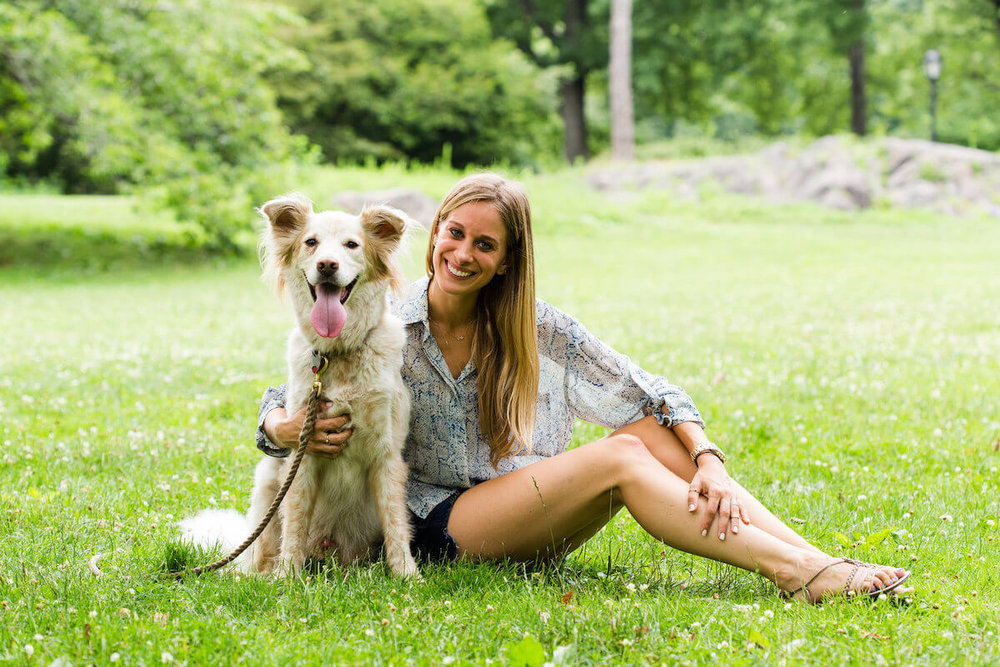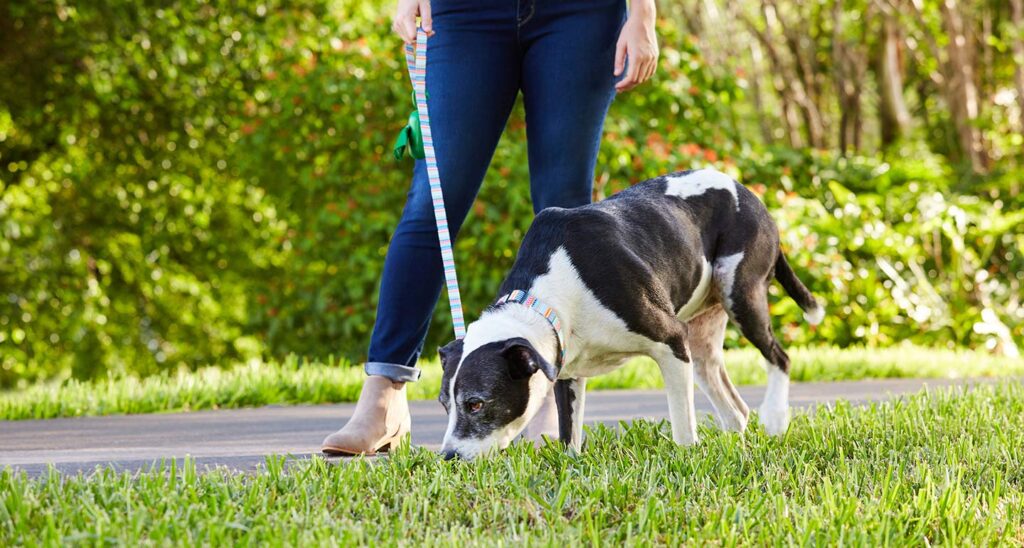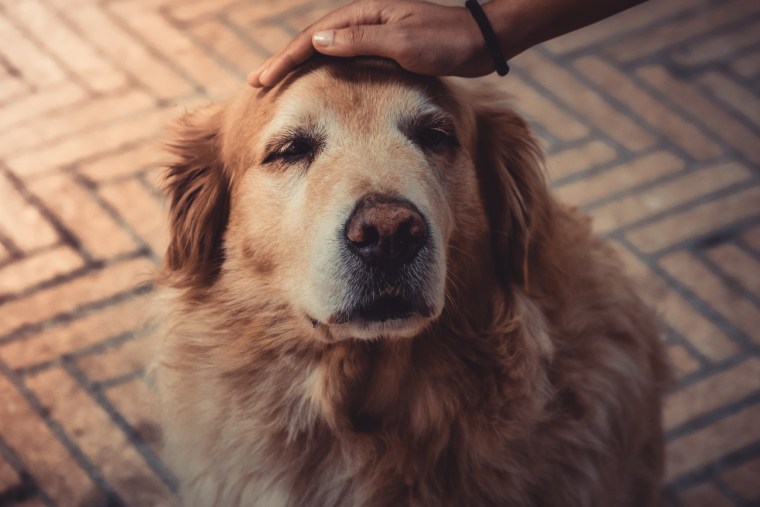When you think of housetraining a dog, doubtless you’re imagining a tiny playful puppy who hasn’t learned the art of toileting in approved locations yet. But adults dogs may need some assistance in this area as well. So you can contact to Delware K9 Academy to train your dog.
Whether your older dog has recently started showing signs of incontinence or you’ve recently rescued a senior pup who hasn’t been housetrained yet, these top tricks will help you cultivate an accident-free household.
1. Figure out the reasons
One of the principal benefits of rescuing an older pup is that they are usually already house trained, so you don’t need to worry about accidents in the same way you would if you adopt a puppy.
However, an older dog might not have received full potty training in their youth, so a little patience could be required to help them understand.
These dogs might not be house trained for a variety of reasons, so unleash your dogs potential including:
- Nobody bothered to teach them.
- They may have never lived indoors and therefore never needed housetraining before.
- They might not have had the opportunity to go outside and only have been able to relieve themselves on concrete, paper, bedding in a crate, or even a pan before.
Older dogs might also have incontinence problems that need to be addressed. If your adult dog is usually well housetrained but starts having accidents, you must rule out any medical problems and take them to the vet straight away.
2. Regular, scheduled feeding
Feed your dog at the same time(s) every day, and take the bowl away after 10-15 minutes, whether it’s empty or not. This will help keep your dog’s system on a schedule and ensure there’s no “extra fuel in the tank” and prevent accidents.

3. Provide plenty of toilet opportunities
Although adult dogs can hold their bladder for up to 7 hours, it’s best to provide them with plenty of opportunities to do their business outside. Just like feeding, establish a routine and take your dog outside to potty for numerous short periods throughout the day.
Take your dog outside first thing in the morning, after any meal, and before bedtime, plus a few extra times in the day.
If your dog has an accident just after they’ve been outside, it’s important to remember that they’re not trying to upset you! Dogs like to sniff around and explore before they relieve themselves, so they simply might not have had enough time to go.
4. Pick a spot
Dogs enjoy consistency, so having adult dogs do their business in the same spot every time will help with housetraining. They are more likely to go if they smell their own scent.
If your older dog doesn’t understand what you want from them (for example, they’ve never been allowed to do their business outside), having another dog to demonstrate can be helpful.
5. Confine your dog
If your older dog comes back inside without toileting, don’t let them free in the house as this is asking for accidents! Let them sit in their crate for 10 minutes, then check to see if he still needs to go out after.
6. Don’t punish accidents or frighten your dog
When/if you catch your dog doing their business inside, clap or say something to get their attention and take them outside immediately so they can finish.
Never shout, scare, or punish your dog when you catch them doing their business inside (or after the event), as this will cause your dog to fear toileting in front of you. This fear will only result in more accidents in less convenient places and will make potty training far more difficult!

7. Rewards
Positive reinforcement is a far more effective housetraining tool than punishment, as it clearly shows your adult dog exactly what behaviors you consider “good.”
Give your dog plenty of treats and praise as soon as they finish. After potty training, you can also offer rewards such as snuggles on the couch. Try getting a dog ramp (like the ones from Chasing Tails) that you can raise when your dog has earned couch-time, and lower when they’re not allowed up (for example, when they haven’t gone outside).
8. Supervision
Most dogs will provide clear signals when they need to go to the toilet that you can look out for. Scratching at the door, sniffing purposefully, pacing, or whining could all be ways your dog is trying to tell you they need the bathroom. Make sure you’re watching for these signs and let them out straight away to establish trust.
Remember, your older dogs only want to please you. If you have a little time and patience to help your dog learn, you’ll be able to have a potty trained pup in no time. You can also buy anti barking devices to train your dog and to correct your dog’s behavioral issues.
But you may want to pick up some non-toxic cleaning products, too, just in case!






